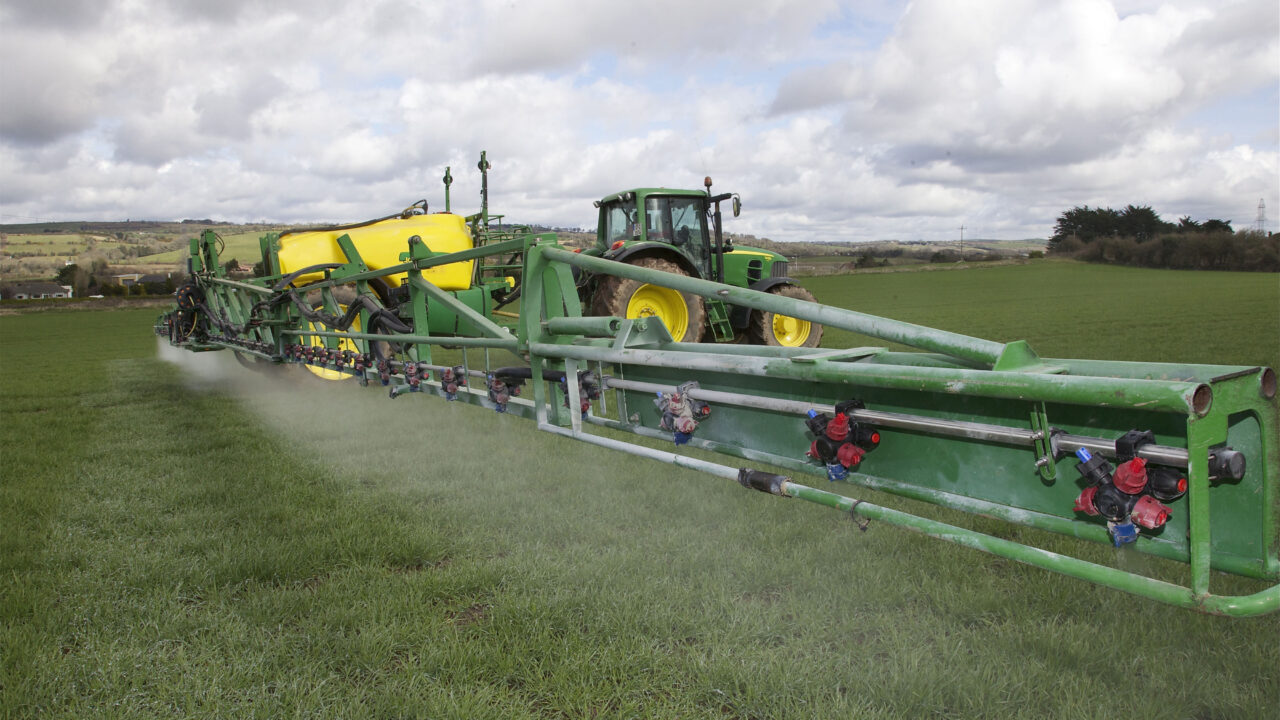Members of the European Parliament mustn’t give much consideration to the corn flakes they eat for breakfast each morning, given the result of their recent glyphosate vote.
Invariably, a high proportion of what’s in their bowls emanates from genetically modified (GM) maize varieties.
And, wait for it, all of these crops will have been blanket-treated with glyphosate, in order to control weeds throughout their growing phases.
Meanwhile, last March saw the European Chemicals Association (ECHA) recommend that the current European Union (EU) licensing requirements, where glyphosate is concerned, should be maintained. For the record, ECHA is an independent, regulatory authority on the safety of chemicals.
And, from what I can gather, the track record of the farming industry in using the chemical has been extremely robust up to this point.
It’s hard not to conclude that many EU politicians have a very ‘green agenda’. And they are using the glyphosate issue as an easy card to play in this regard.
But someone should tell them that there is no biological alternative to glyphosate. In fact, it’s the only show in town regarding its current use within production agriculture.
For Irish tillage farmers to face the prospect of glyphosate being removed from their crop management tool kits would be akin to have them operating a tractor or combine with one arm tied behind their backs: It’s just not on.
In fact, one could argue that with the ever-growing threat of black grass and resistant brome varieties coming our way, the need for glyphosate in Ireland will actually increase over the coming years.
But let’s get back to our politicians in Europe. Their vote was extremely one-sided as it took no cognisance of the fact that large quantities of food are imported into Europe, which was produced using glyphosate-based management systems.
So if the same guys are up for banning the herbicide in this part of the world, why did they not call for a ban on the import of glyphosate-affected food with similar vehemence? Such a stance smacks of total hypocrisy.
Ireland’s Minister for Agriculture, Food and the Marine – Michael Creed – says he supports the continuing use of glyphosate, assuming the current controls are maintained in place. Let’s hope he continues to strongly communicate these sentiments, both in Brussels and Dail Eireann.
